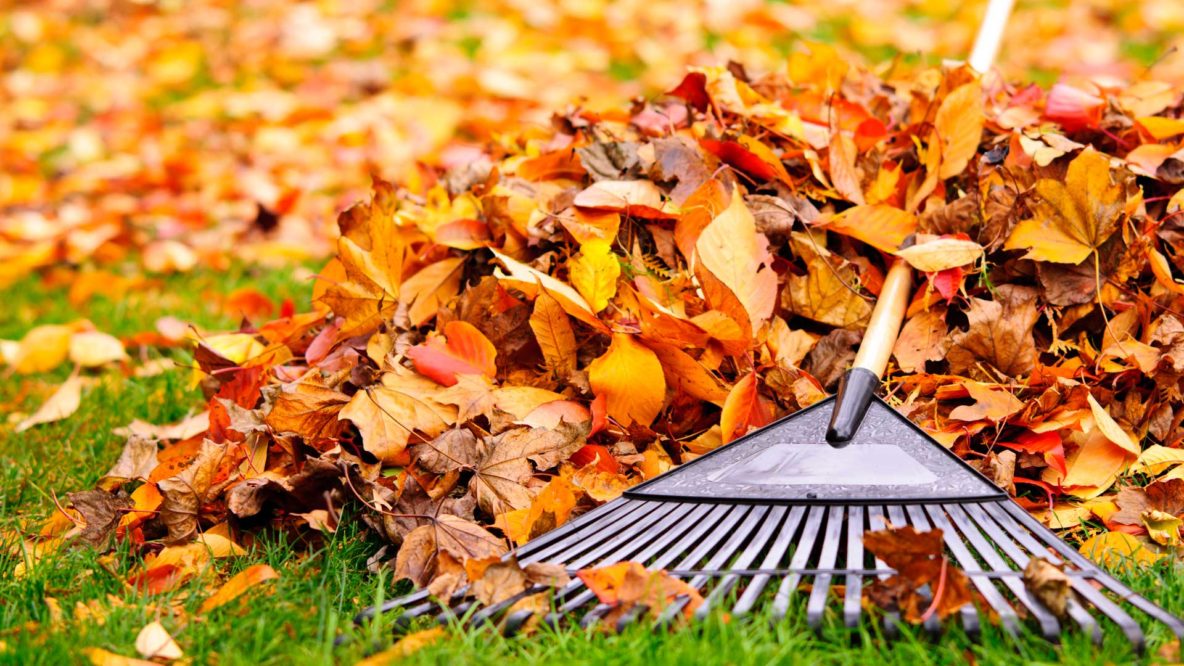Does your garden look like a bomb went off in the spring? Do you spend the first warm weeks of May just cleaning up the wreck winter has wrought? Well, this year get out ahead with some simple housekeeping now.
Remove any plant debris including any old fruits or veggies that have fallen on the ground. Bugs and disease love old rotting leaves, debris and produce left on the ground or on plants.
Rake up leaves It’s a pain, but important. Dead leaves can block water and nutrients from your lawn. Plus, leaves are great source for homemade compost. Check out our for a basic home compost how-to. If you really can’t stand raking, mow over your dry leaves several times in different directions to create mulch for your lawn.
Add Organic Material
It’s important to keep adding organic material to your garden plots to build a healthy soil. Once you’ve removed your annuals or vegetables, fall is the perfect time to mix in some Colorado’s Choice B.O.S.S. You can also take this time to test your soil and add any minerals you may be lacking for next year.
Prevent Voles Many people experienced to theri lawns this spring. One way to prevent this is to keep mowing the lawn as long as the grass keeps growing. Voles and field mice look for tall grass to hide in, so keeping your lawn trim will reduce rodent damage next year.Aerate Your Lawn We always recommend aerating at least twice a year, once in the fall and once in the spring. This will help reduce soil compaction, improve water and air circulation and break down heavy clay.
Winterize your lawn Experts agree that fall is the most important time to fertilize your lawn. The CSU Extension Office says, “The benefits of fall fertilizing include a healthier turf before winter, a healthier root system, and stimulating a turf that greens up earlier in the spring without excessive top growth. Fall fertilization produces dense, green spring lawns without the mowing chores that come with spring fertilization. It should be a part of every good lawn care program.”Keep Watering New Trees and Shrubs Many common problems that plants have in the spring can be attributed to winter weather, particularly lack of water. Newly planted trees, shrubs, perennials and lawns are all particularly susceptible. The best way to prevent this is with a little bit of supplemental water during the winter season. CSU recommends watering 1 – 2 times a month between October and March. For more tips on winter watering check out our

